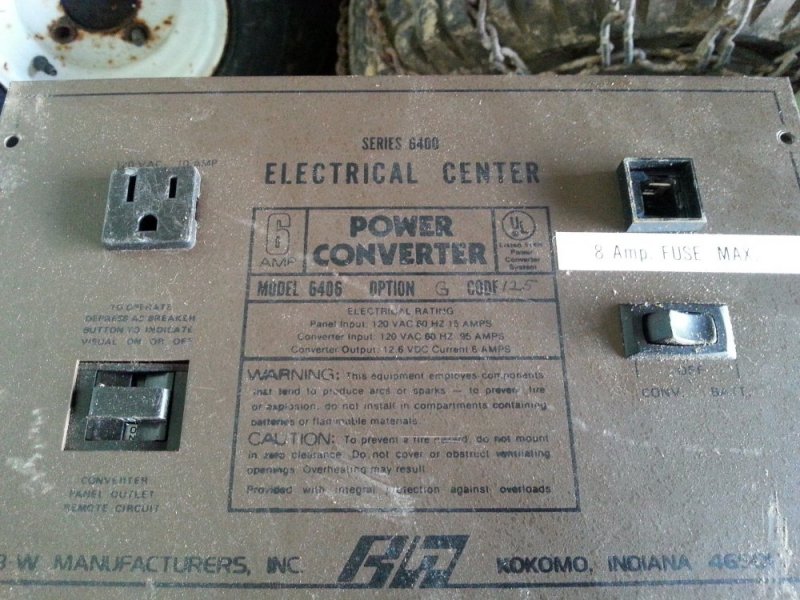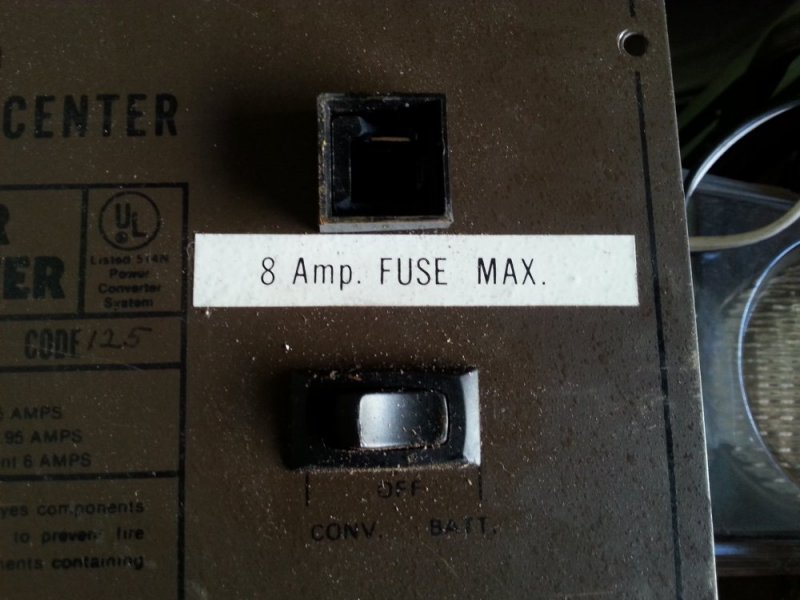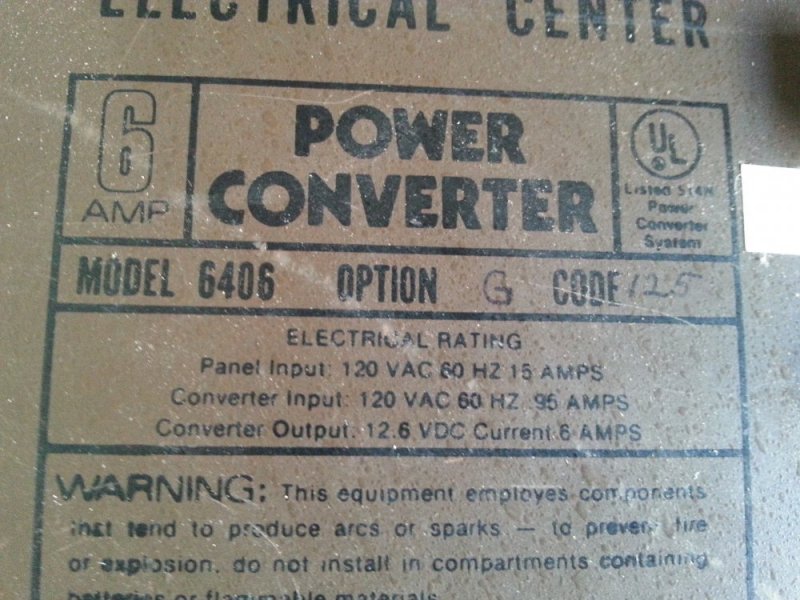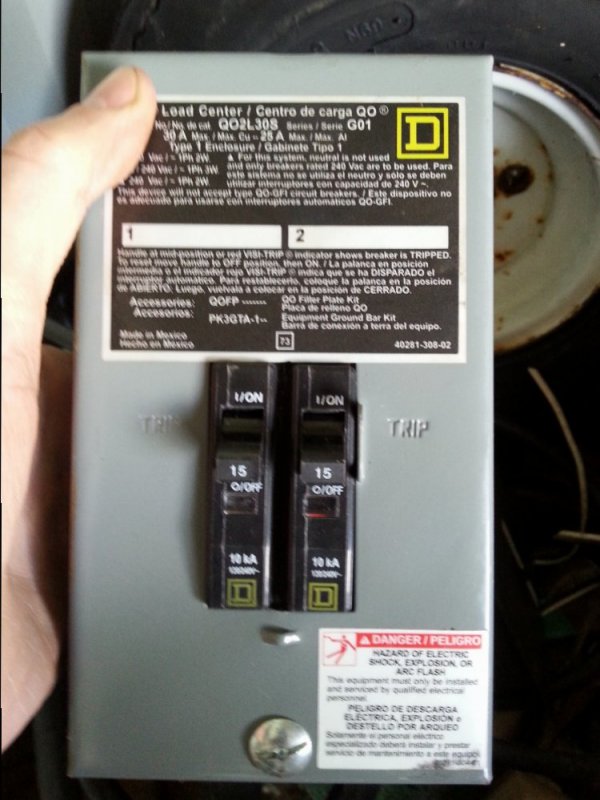treegump
Romans 3:22-24
Not sure if this should be here or Electrical, but I have retrieved my second inverter from a pop-up camper that I dismantled.
I think I eventually scrapped the first one.
But this second one is a bit beefier, and there was a heater, a/c, and built in plugs - therefore it seems like the inverter might be a bit better?
Any ideas of what I could use this for? Could I hard wire it from my fuse block and use it for electronics in a vehicle?
Or build a box and run wires to the bed so that I can use it as a portable unit?
I know I need to find the specifics on the unit - which I'll hopefully do before tomorrow - but wanted to see if anyone has done anything with them..
I think I eventually scrapped the first one.
But this second one is a bit beefier, and there was a heater, a/c, and built in plugs - therefore it seems like the inverter might be a bit better?
Any ideas of what I could use this for? Could I hard wire it from my fuse block and use it for electronics in a vehicle?
Or build a box and run wires to the bed so that I can use it as a portable unit?
I know I need to find the specifics on the unit - which I'll hopefully do before tomorrow - but wanted to see if anyone has done anything with them..




